
For decades, IVF was illegal in Costa Rica. Ethical and religious discourses came and went and the law was not approved. It was not until September of 2015 that President Luis Guillermo Solis signed a decree legalizing IVF. However, the Constitutional Court overruled it. Despite all of this legal mess, in March, the Inter-American Court of Human Rights ordered that the decree regulating it be put into effect. In light of this, both state and private hospitals are preparing to start with this type of treatment.
While the country was caught between debates and discussions on the law, other couples realized that they could not procreate naturally, like Ms. Diaz.
She is not afraid of being judged by society. What people might think about Ariadne Diaz’s life does not rob her of any sleep since she knows she makes her decisions based on love and not on prejudice. Today, her only concern is that her daughter grows up without fear, without stereotypes and with the best education.
Diaz is Nicoyan and is also mother to a three-year-old girl (whose identity is being protected by The Voice) who was conceived thanks to the process of in vitro fertilization (IVF).
She and her Spanish husband, Jose Daben, whom she married in 2002 and who lives in the United States, discovered in 2010 that tissue in her fallopian tubes damaged her eggs, eliminating the possibility of fertilization. Although she remembers that stage tearfully, since she even had a miscarried, she recognized that the health insurance in the United States offered her the possibility of undergoing in vitro treatment and gave them the opportunity to make three attempts since the process is not always successful.
“It was a decision [to be made by us as a] couple, not by society. The church or the government should not get involved if I want to have a child or not, so we decided to undergo the process. We hardly told anyone, not because of opinions, but rather to not raise expectations in case it didn’t work,” the Nicoyan recalled.
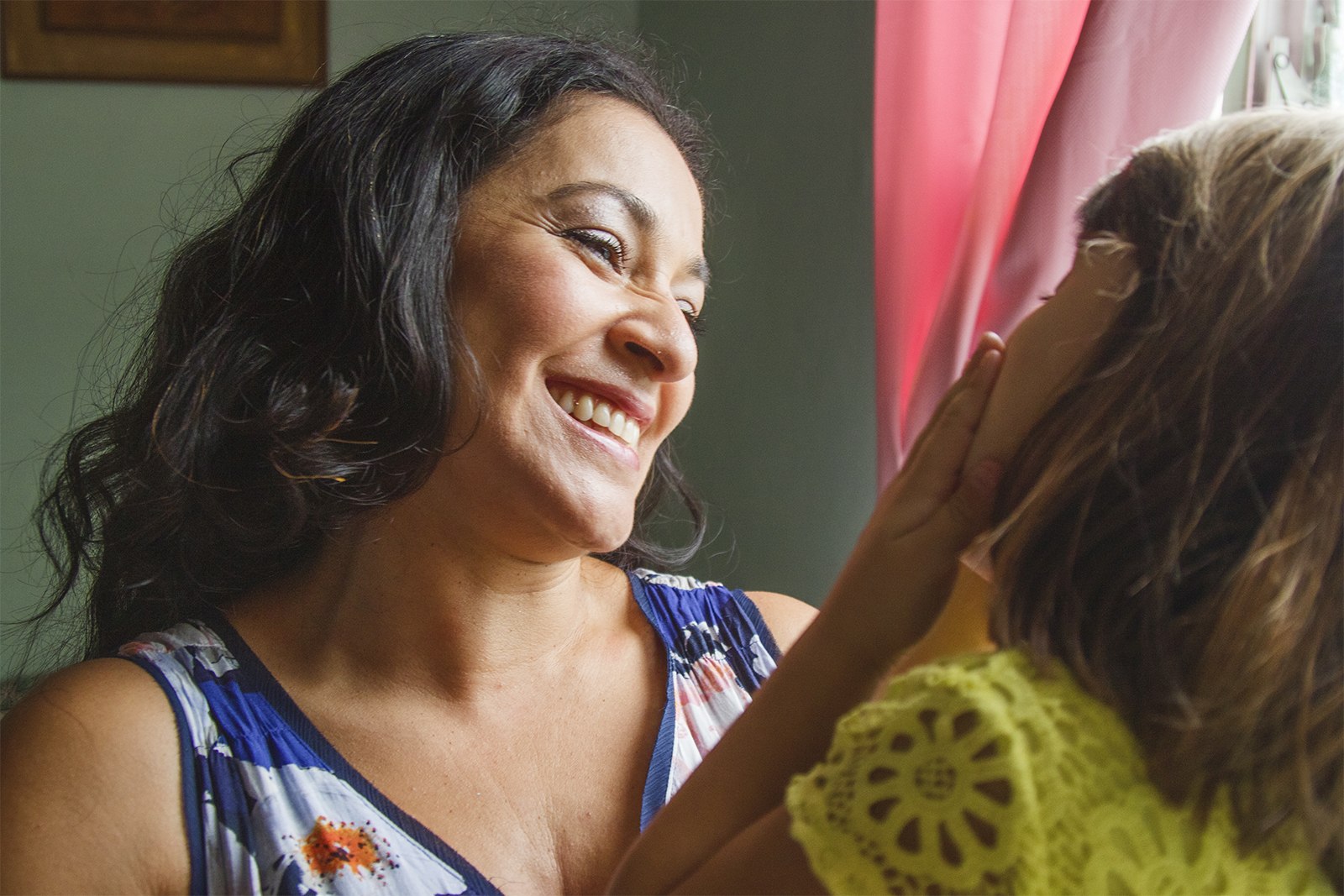
During the pregnancy and the entire in vitro fertilization process, Diaz continued with her dance and yoga classes.
The Route to In Vitro
As 2011 progressed, conversations between the Daben-Diaz couple were increasingly more certain that they wanted to go through with IVF treatment. As in any medical procedure, there are always risks. For example, Diaz’s age of 40 could complicate things.
The first filter that the couple had to pass in order to meet the requirements for IVF was a psychological test to analyze whether they were prepared to be parents, along with a socioeconomic study of the family. Perhaps that was the easiest part along the road.
Speaking of those days she seems to be reliving the excitement and the adventure of her pregnancy: her eyes sparkle and her tone reveals the happiness of that moment. In addition, she doesn’t stop looking at her restless little daughter as she rewinds her mental cassette.
After passing the interviews, the physical stage begins. The treatment starts with several injections of hormones. For two weeks, Diaz had to get hormone shots every day to prepare her body, but it was her husband who had to play nurse and give them to her.
“It was a very calm process, with a lot of hope and a lot of love. Ari is a very optimistic person and so am I, so I don’t remember being stressed. If it went wrong, we would try it again. I think we were so relaxed that it helped,” said Deban. .
After the series of shots, Diaz had to go to the clinic for them to extract the six eggs that she had produced due to the hormones. At the same time, her husband had to give a semen sample. After that, doctors fertilized the eggs in test tubes, and the following week, the couple had two embryos, which were transferred to Diaz’s womb. Of those, only one made it.
On their first attempt at in vitro, the couple succeeded in getting that embryo to become a fetus and from there, the three-year-old girl she is today.
“The process is so marvelous because you really realize that for one to be born, it is the miracle of life, not a religious issue, but it is a miracle that a baby is born because, out of all of the possibilities, one hit [the mark] and, maybe we take these things for granted,” said the mother.
As the months of pregnancy passed, the couple thought about who would be the godparents of their daughter and they chose the couple’s best friend: Antonio Rivera, who is Costa Rican and homosexual in orientation.
Without Prejudice or Labels
Neither Ari nor “Pepe,” as his wife calls him, ever questioned what people would say about their daughter’s godfather. Moreover, the fact that he is gay was never an issue that mattered.
“It is not that we elected a gay godfather. We chose my best friend, the person who would love the girl just as we love her. We knew that this person, due to the love that he has for us, is going to love our daughter,” Diaz explained.
In Costa Rica, during the month of February, a priest from Heredia prevented a young homosexual man from being a godfather, but following a media revolt, the Catholic Church ended up accepting it.
For Rivera, such actions are a reflection of the obscurantism of some priests who do not accept the different orientations of human beings.
“I believe it is more than clear that sexual preference is not going to interfere with the development of any person. This is inherent already. I am gay and I come from a heterosexual family, so it makes no sense. That’s why it makes no sense to reject godparents due to their condition. For me, being the girl’s godfather is a dream,” said Rivera.
Both Pepe and Ari were never afraid of it being just the two of them, without children, but life played out in their favor. Although many may think their family breaks with the status quo, for them, they are just one more family in a million.
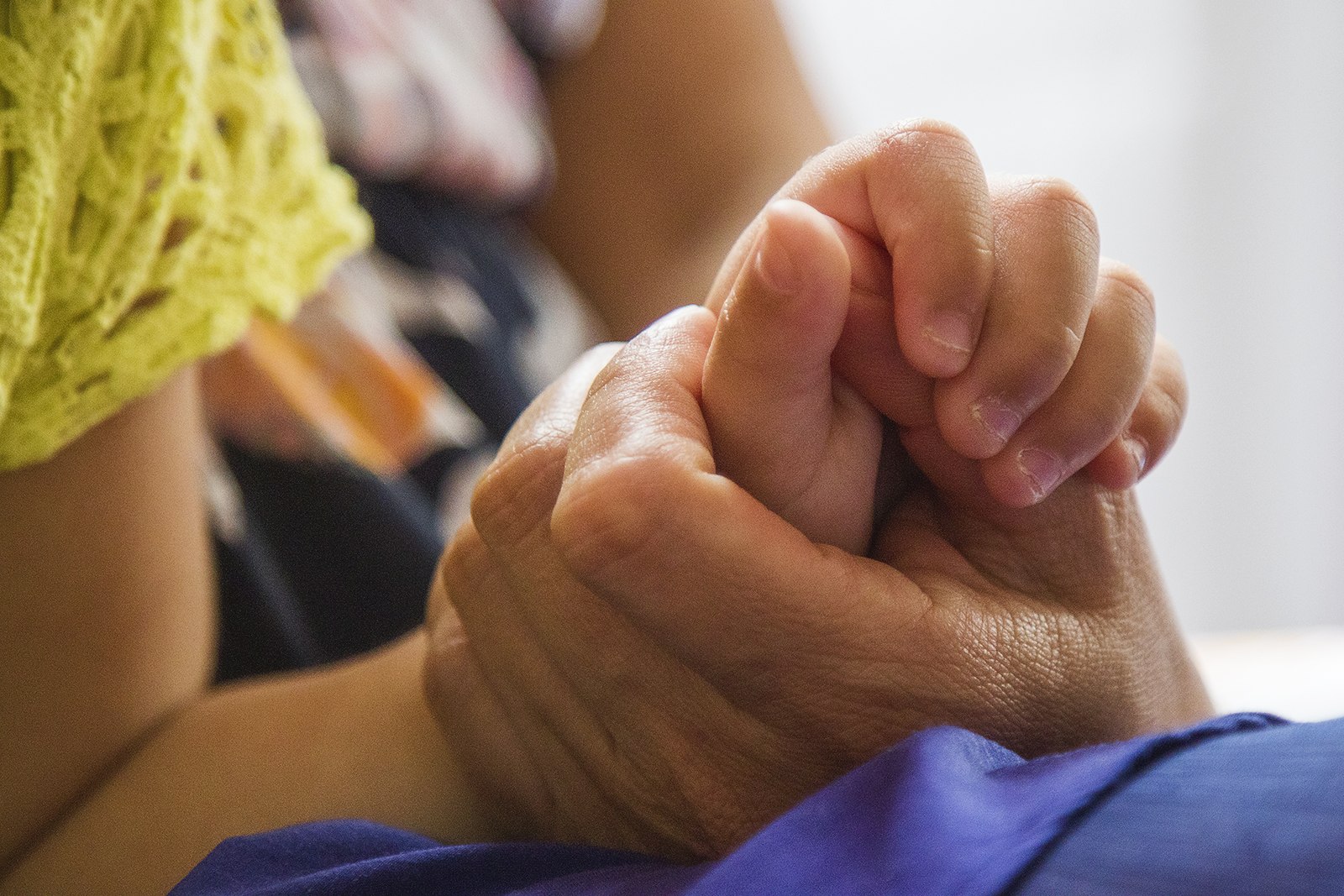
To sleep, the little girl takes ahold of her mother’s thumb and they sleep holding hands.
“My family is normal. There is nothing extraordinary. For me to have an in vitro child and for my daughter to have a godfather who is gay is the most normal thing in the world. I do not consider myself either better or worse. The main aspect that has to exist is love,” her husband affirmed.
Without a doubt, the little one is the spark in the house. She spends the morning at daycare, but when she comes home, she is the family comedian. At her young age, she does not understand very well what in vitro is or what gay is, but her parents are waiting for her to get older for her to understand, and they hope she grows without stereotypes.
Nowadays, with different legislation in Costa Rica, many couples in Guanacaste might be thinking about whether to undergo treatment or to let the possibility of being biological parents pass by, so Diaz recommends that it is best to insulate themselves from any opinions from neighbors, friends or family and to decide as a couple.
“The fear of being judged should not be a significant factor in this decision, because it is the couple’s decision. Here in Costa Rica, people are very afraid because it has become a decision of organized groups: the Catholics, the politicians, the legislators… but no. It is a right that I have as a person and as a couple,” Diaz concludes.


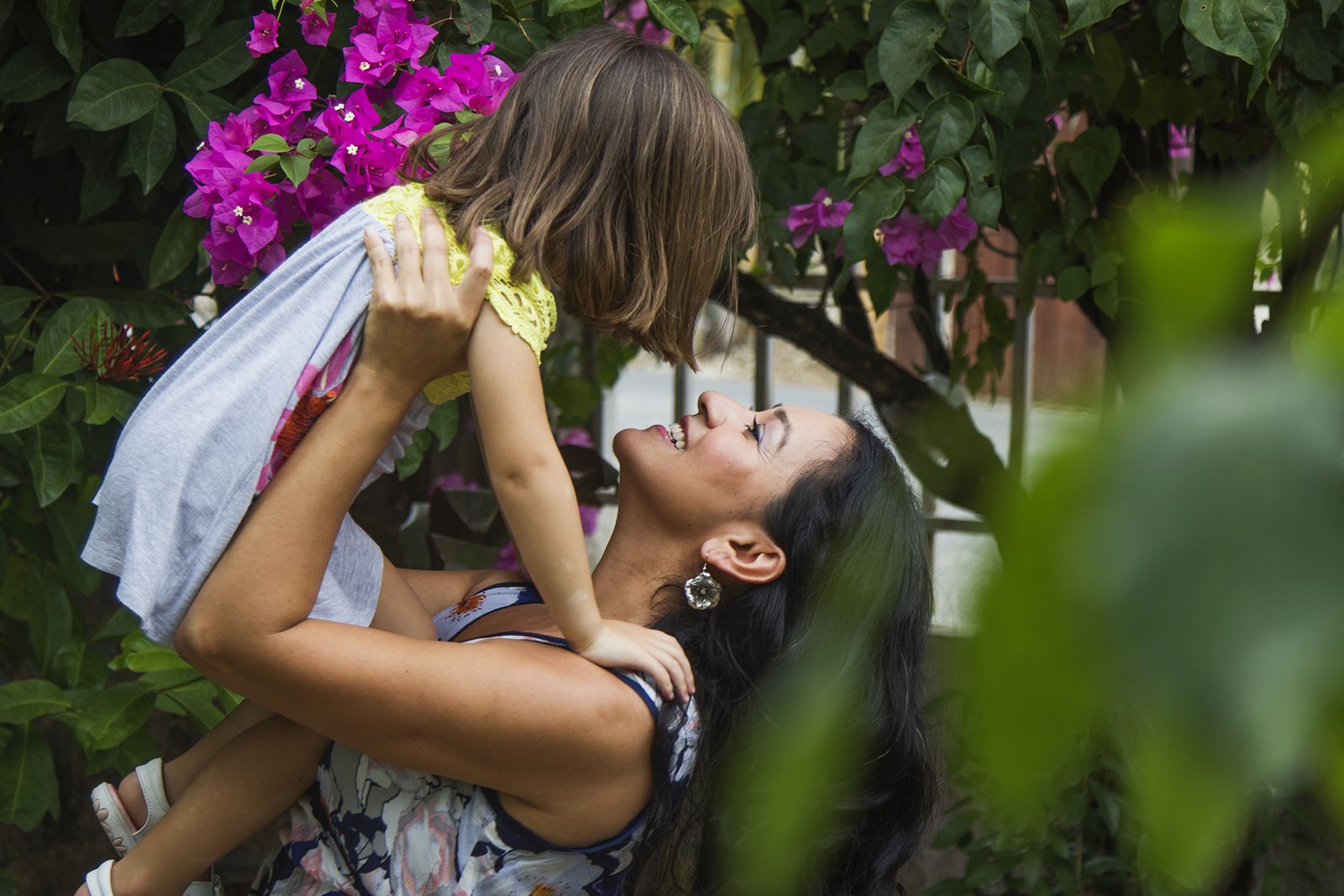
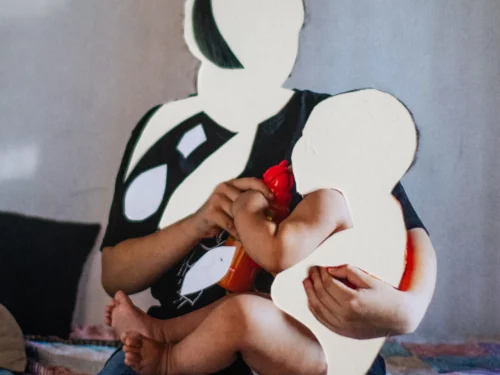
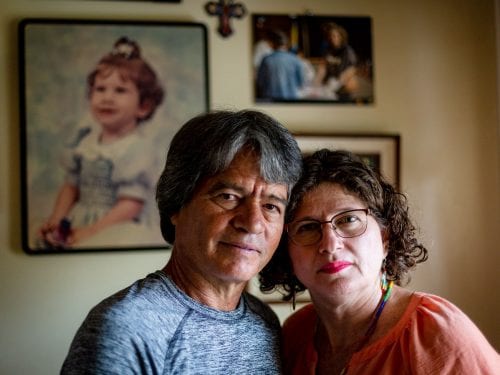
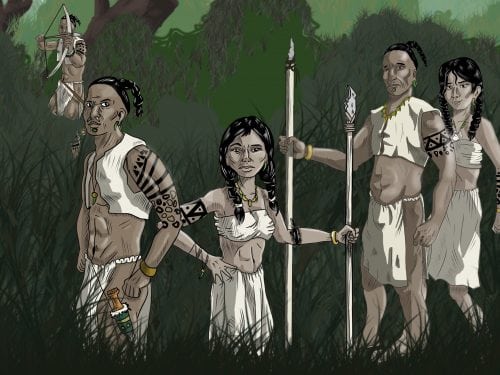

Comments